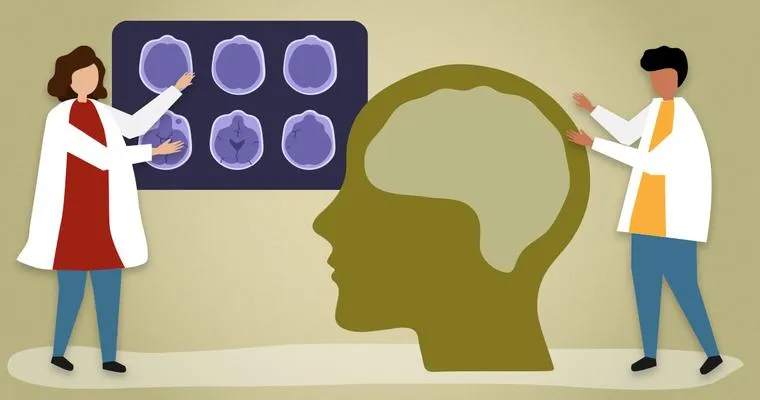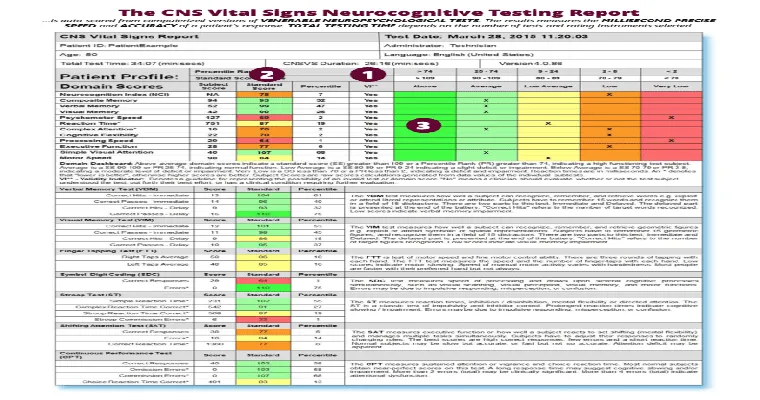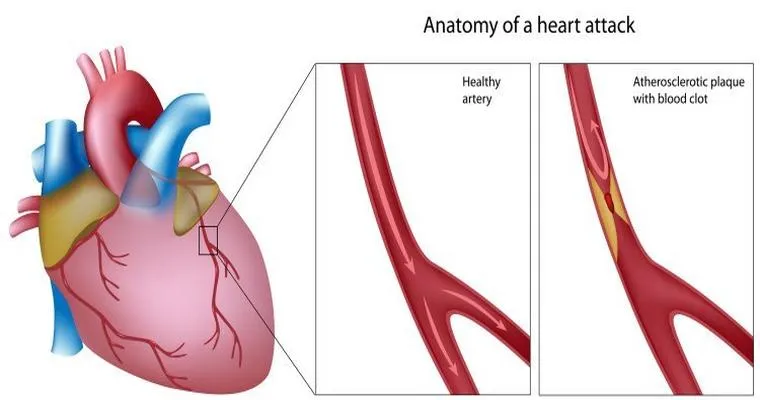Alzheimer's disease is a complex and progressive neurological disorder that primarily affects memory and cognitive function. Understanding what "doctors" look for when diagnosing "Alzheimer's disease" is crucial for early intervention and management. This article will delve into the various steps and methods that healthcare professionals utilize to provide an accurate "diagnosis" of this condition.
When a patient exhibits signs of cognitive decline, the first step is usually a comprehensive evaluation. Doctors begin by taking a detailed "medical history" that includes information about the patient's symptoms, family history, and any existing medical conditions. This information helps to identify whether the symptoms are consistent with "Alzheimer's disease" or if they may be related to other medical issues.
Next, healthcare providers conduct a series of "cognitive tests". These assessments are designed to evaluate memory, problem-solving skills, attention, and language ability. Common tests include the Mini-Mental State Examination (MMSE) and the Montreal Cognitive Assessment (MoCA). These tests help to quantify the extent of cognitive impairment and provide a baseline for future evaluations.
In addition to cognitive testing, doctors may also perform "physical exams" and neurological assessments. These evaluations help rule out other potential causes of cognitive decline, such as vitamin deficiencies, thyroid problems, or neurological disorders. A thorough examination of the central nervous system can reveal important clues about the patient’s overall health and cognitive function.
Imaging tests play a pivotal role in the diagnosis of "Alzheimer's disease". Doctors often recommend "brain scans" such as magnetic resonance imaging (MRI) or computed tomography (CT) to identify any structural changes in the brain. These scans can reveal the presence of "atrophy" or shrinkage in specific areas of the brain associated with memory and cognition, which is a hallmark of "Alzheimer's disease".
Another important aspect of diagnosing Alzheimer's is the use of "laboratory tests". Blood tests can help exclude other conditions that may mimic Alzheimer's symptoms, such as infections or metabolic disorders. In some cases, doctors may also consider advanced diagnostic tools, like "cerebrospinal fluid analysis", which can detect specific proteins associated with "Alzheimer's disease".
Once the assessment is complete, doctors will analyze the collected data to determine if the patient meets the criteria for "Alzheimer's disease". This process often involves collaboration among a team of healthcare professionals, including neurologists, geriatricians, and psychologists, to ensure a comprehensive approach to the diagnosis.
In conclusion, diagnosing "Alzheimer's disease" requires a multifaceted approach that includes medical history, cognitive testing, physical exams, imaging studies, and laboratory tests. Early and accurate diagnosis can significantly impact the management of the disease, allowing patients and families to make informed decisions about care and support. If you or someone you know is experiencing symptoms of cognitive decline, it is essential to seek medical advice promptly.





